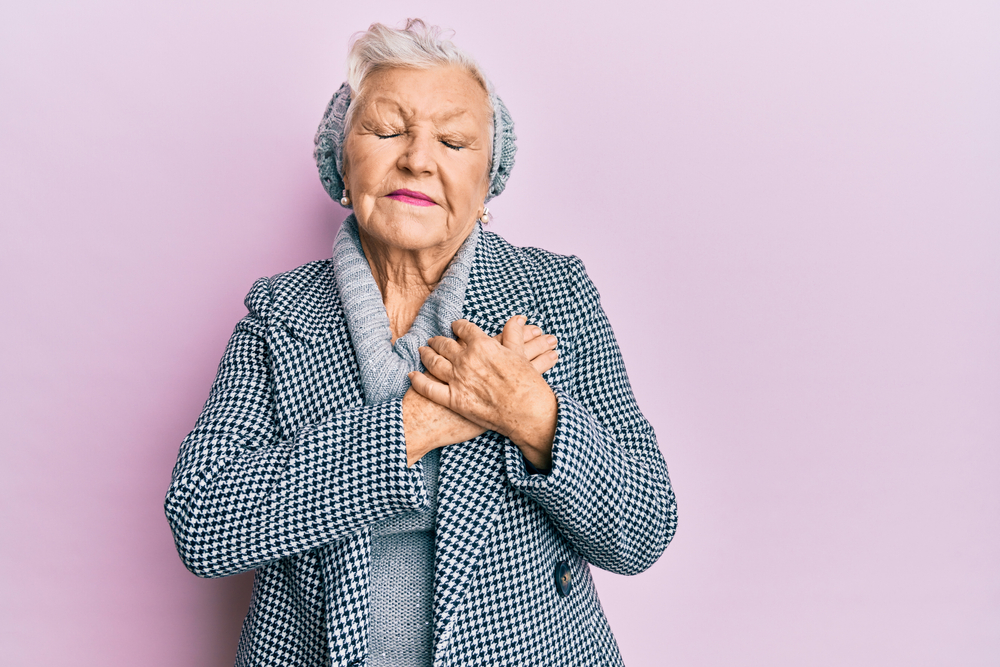
The onset of colder temperatures can pose significant problems in older adults especially those with heart disease. Because it’s the leading cause of death worldwide, precautions should be taken when the temperatures drop. Protect your heart this season with these cold-weather tips for heart disease patients.
Is Cold Weather Bad for Heart Patients?
Cold weather causes our bodies to make physiological adjustments to preserve our core temperature which places additional stress on the body. While these adjustments are common for someone who doesn’t suffer from heart complications, they can present a challenge for individuals who do. When coping with the cold temperatures, your body goes through a series of changes including:
- Increased heart rate
- Increased blood pressure
- Increased risk of blood clotting
- Your heart works harder
- Your blood vessels contract
If you have heart disease, cold-weather activities such as shoveling snow should be avoided because they can lead to acute cardiac problems and increase your risk of a heart attack.
Cold Weather Tips for Heart Disease Patients
Cold weather is bad for heart patients because it makes arteries constrict. When this happens, blood flow and delivery of oxygen to the heart are decreased and it can increase the formation of blood clots. Keep your heart going strong this winter with these cold-weather tips.
Limit your time in the cold
If you need to be out for long periods, make sure you take sufficient breaks inside to warm up. Dress warmly in layers and always make sure to wear gloves, a hat, warm socks and boots.
Avoid overexertion
Cold weather activities especially shoveling snow can trigger a cardiac emergency. If you have to shovel snow, go out early before a significant amount of snow has accumulated and push the snow rather than lifting it. Never shovel heavy, wet snow.
Avoid overheating
It’s essential to dress warmly if you’re spending time outdoors. When you’re bundled up and engaging in physical activity, it can lead to overheating. Overheating causes your blood vessels to dilate leading to low blood pressure in someone with heart disease. A sudden drop in blood pressure can cause a heart attack, so if you’re out in the cold and start to sweat, take this as a sign to come indoors and rest.
Get a flu shot
Winter is cold and flu season. Low humidity brought on by cold weather and indoor heating increases your chances of getting sick. If you have heart disease the flu can be dangerous. Safeguard yourself this cold-weather season by getting a flu shot.
Fill necessary prescriptions in advance
Snow and ice can cause power outages and make the roads extra slippery. If you take heart medications, fill your prescriptions ahead of time to ensure you don’t run out if a bad storm hits.
Most importantly, listen to your body. Pay attention to how you feel in the cold weather and know the signs and symptoms of a heart attack. Consult with your doctor about your heart health before heading out in the cold weather to keep yourself safe. If you’ve been searching for the most highly recommended cardiologists near me, consider contacting AMS Cardiology today at 215-517-1000. Our mission is to help your heart with superb patient satisfaction and comprehensive cardiovascular care.

